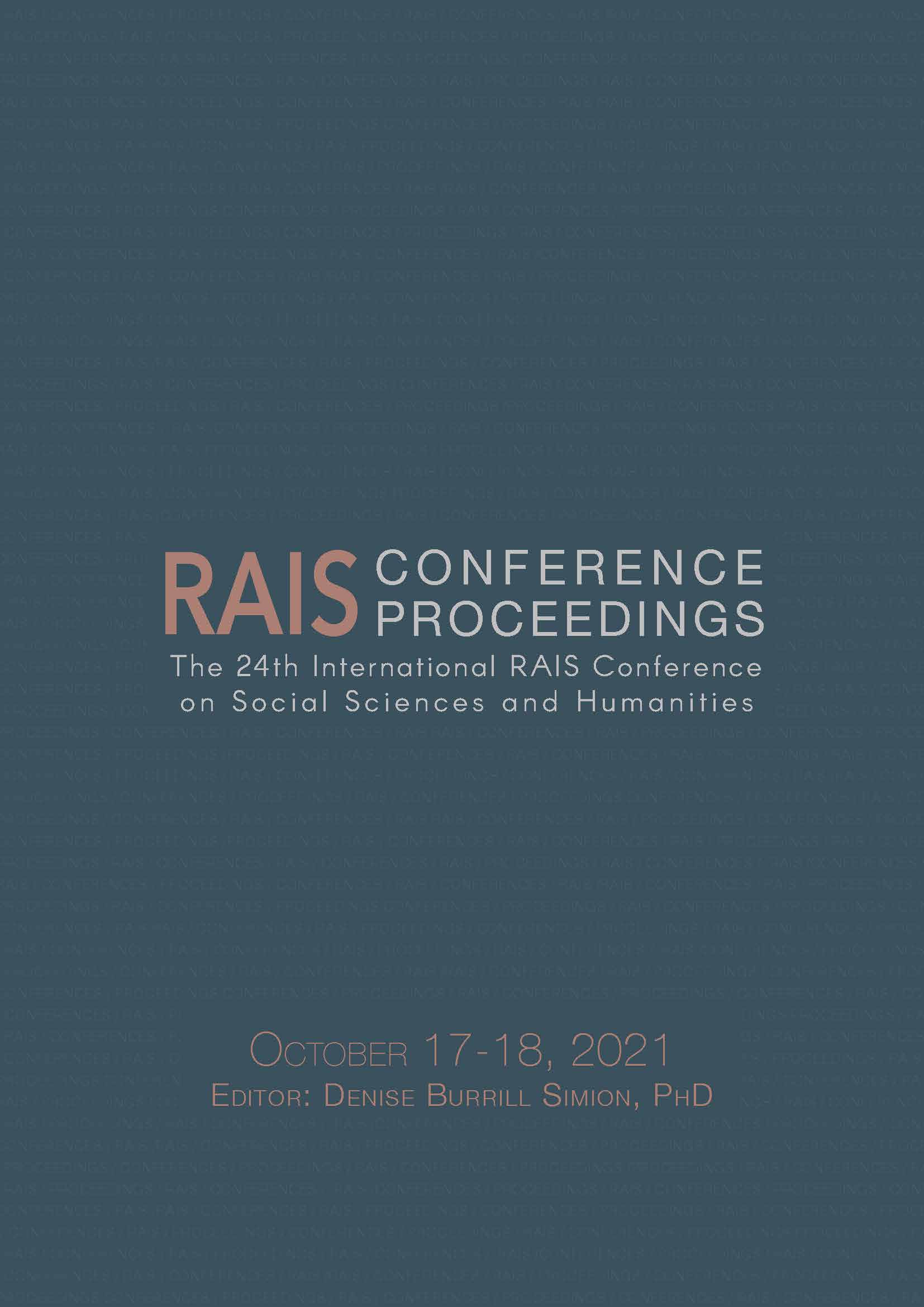Humanness in the COVID-19 Era
Humanness in the COVID-19 Era
Author(s): Anastasia V. Golofast, Larisa Kiyashchenko, Julia M. Puaschunder
Subject(s): Civil Society, ICT Information and Communications Technologies
Published by: Scientia Moralitas Research Institute
Keywords: Altruism; Archetype; Catharsis; Cave competences; Common welfare; Communication networks
Summary/Abstract: The COVID-19 pandemic has led to worldwide lockdowns and social distancing measures. Speculations about prehistoric human development, when cave-man and cave-women survived and advanced in seclusion serve as an analogy for today’s lockdowns in order to derive inference about a potential future of humankind after the pandemic. Researchers at the University of Vienna study the group dynamics and socio-psychological impact of crises as a driver of human advancement. As these researchers outline, in the history of humankind, seclusion in caves held enormous potential for societal development, which may also apply today in regards to the COVID-19 pandemic. During periods when natural disasters made exterior living conditions dangerous, human hiding themselves in caves developed so-called “cave competencies.” These key advancements grew when people had to seclude themselves from society – e.g., during natural disasters, volcanic eruptions, but also during pandemics, such as the great plague of the 14th century. Starting out in analyzing the currently-ongoing work on cave competencies, this article then embarks on highlighting potentially constructive effects of the COVID-19 crisis, following M. Davis Cross’ crisis transition to a new Renaissance. The individual decision-making during crises is captured in its potential to extracting a particular common welfare enhancement in cooperative behavior. Altruism and reciprocity based on trust are outlined as important steps towards cooperation. An archetype of the renewed ethos is formed on the basis of a community of interest and is supported by the coordination of long-term cooperation and the particular interests of the participants in dialogue maintenance, as well as their fine attunement to empathic communication. Differing motivations, communication network frictions and free rider problems are discussed as potential obstacles of strengthening the social glue during a pandemic. Group psychology of collective coping strategies as well as the long-term coordination of intergenerational cooperation are outlined with particular attention to the digital world the pandemic has fortified.
Book: Proceedings of the 24th International RAIS Conference on Social Sciences and Humanities
- Page Range: 74-79
- Page Count: 6
- Publication Year: 2021
- Language: English
- Content File-PDF

